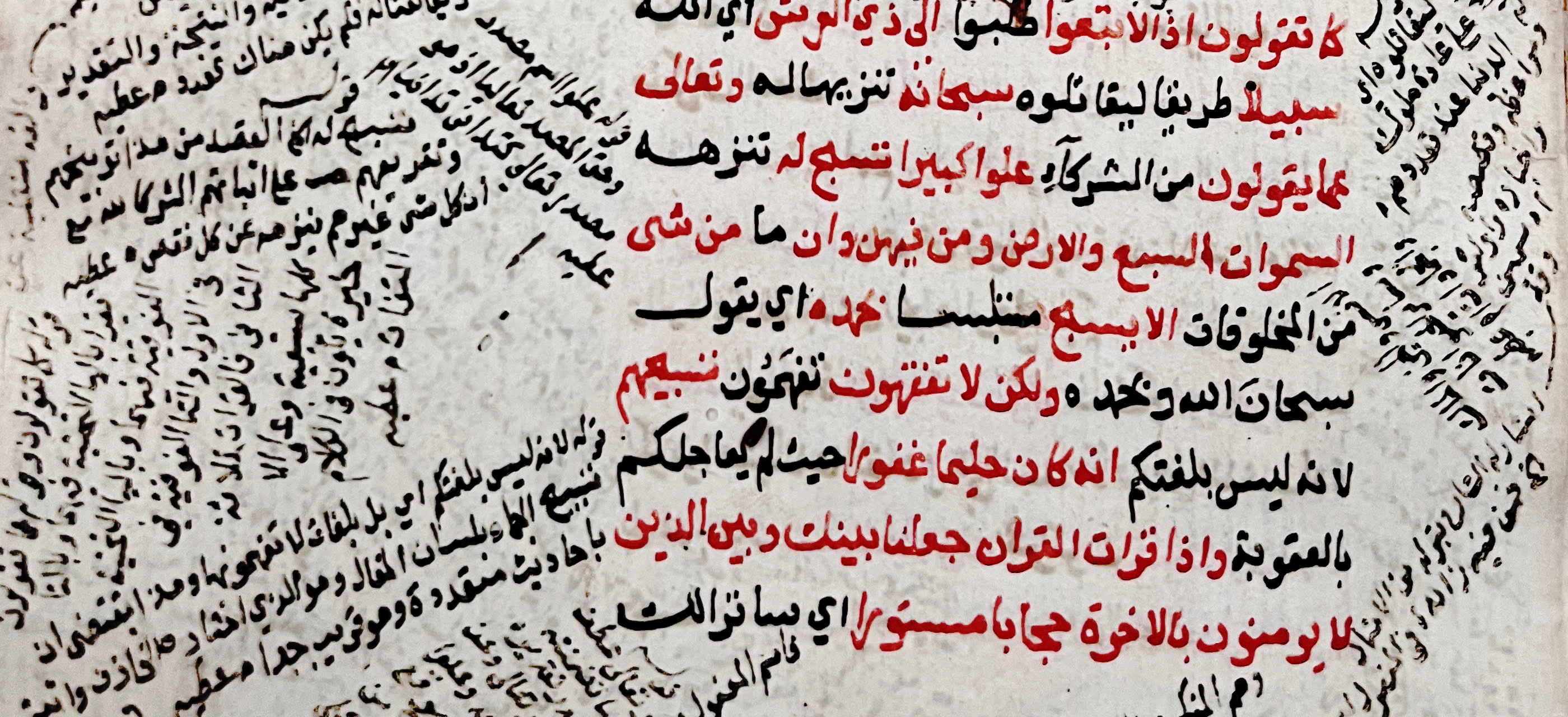Kuzey Afrika İbâzî Akidesi: Cenâvünî Örneği
Contenu
- Titre
- Kuzey Afrika İbâzî Akidesi: Cenâvünî Örneği
- Créateur
- Kılavuz, Ulvi Murat Voir tous les contenus avec cette valeur
- Date
- 2015
- Dans
- Uludağ Üniversitesi İlahiyat Fakültesi Dergisi Voir tous les contenus avec cette valeur
- Résumé
-
The Ibāḍī Creed of Maghrib: The Case of al-Janāwunī
Abstract
North Africa (Maghrib) had been very important for Ibāḍiyya since its formative period as the Ibāḍī creed shaped the theological identity of huge Berber-origin masses and the region has hosted their political structures that reached statehood. Thanks to the Khārijī/Ibāḍī principle of equality of all Muslims regardless of ethnic origins and the confidence that this principle provided to non-Arab elements, Berber tribes of Libya that Abū Zakariyyāʾ al-Janāwunī belonged to had been the earliest communities who accepted Islam in the region. Even though it has experienced minor evolution depending on sociopolitical conditions of the time and the region, the Ibāḍī creed of Maghrib came to this day by being in general congruence with the mainstream Ibāḍiyya. Al-Janāwunī had been a bridge transmitting the thought/creed of his predecessor Ibāḍī imāms to the generations coming after him and played a very central role in defining the boundaries of Maghrib Ibāḍī identity. - Langue
- tur
- volume
- 24
- numéro
- 2
- pages
- 71-23
Kılavuz, Ulvi Murat, “Kuzey Afrika İbâzî Akidesi: Cenâvünî Örneği”, 2015, bibliographie, consulté le 21 décembre 2024, https://ibadica.org/s/bibliographie/item/8660
Position : 13111 (17 vues)

